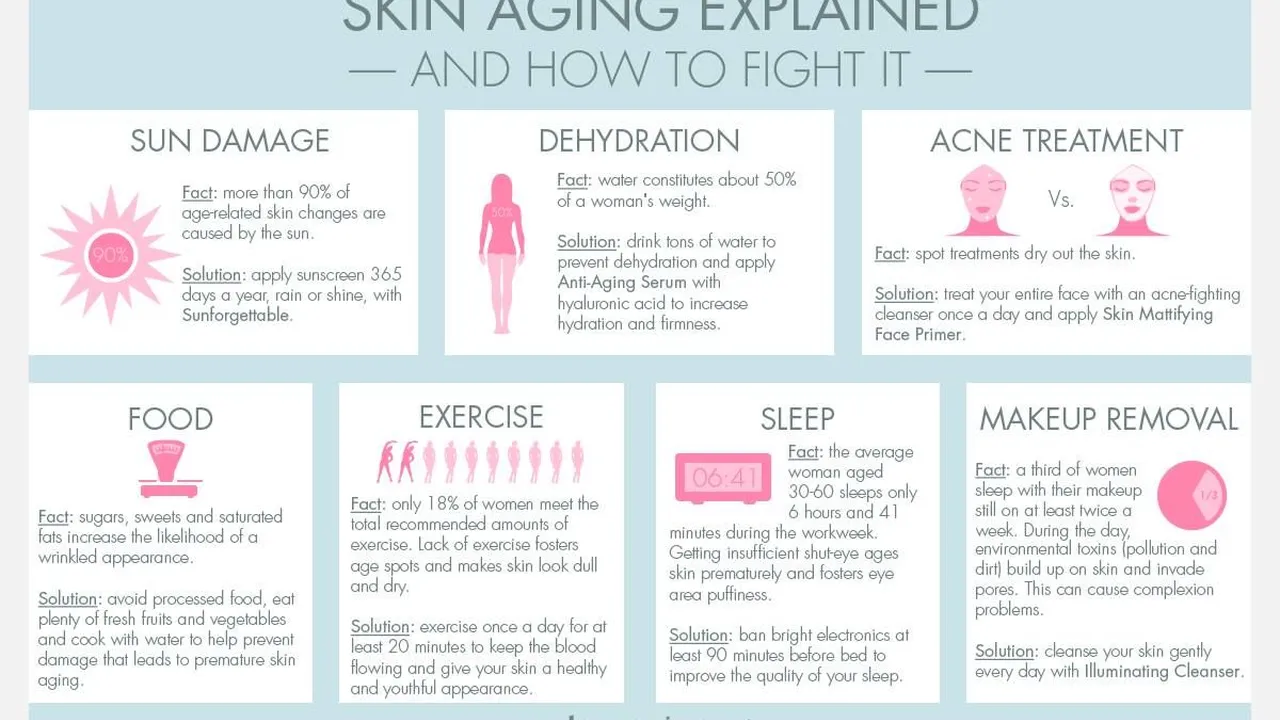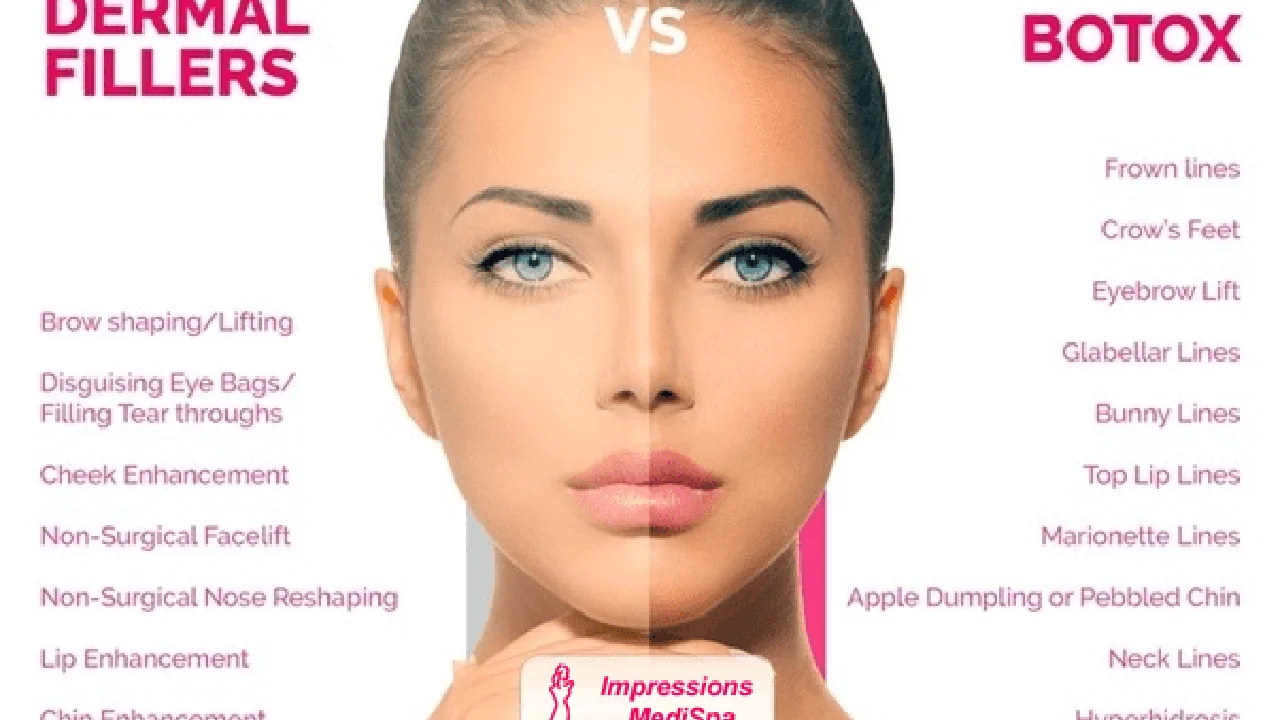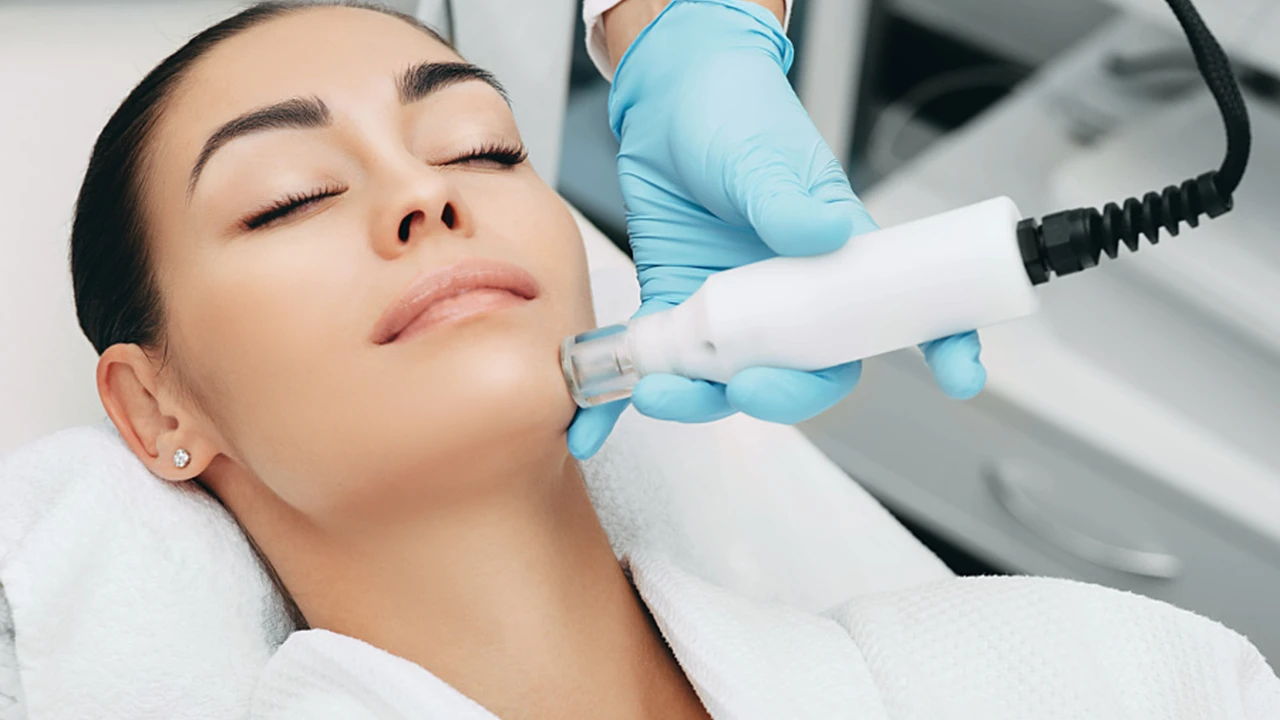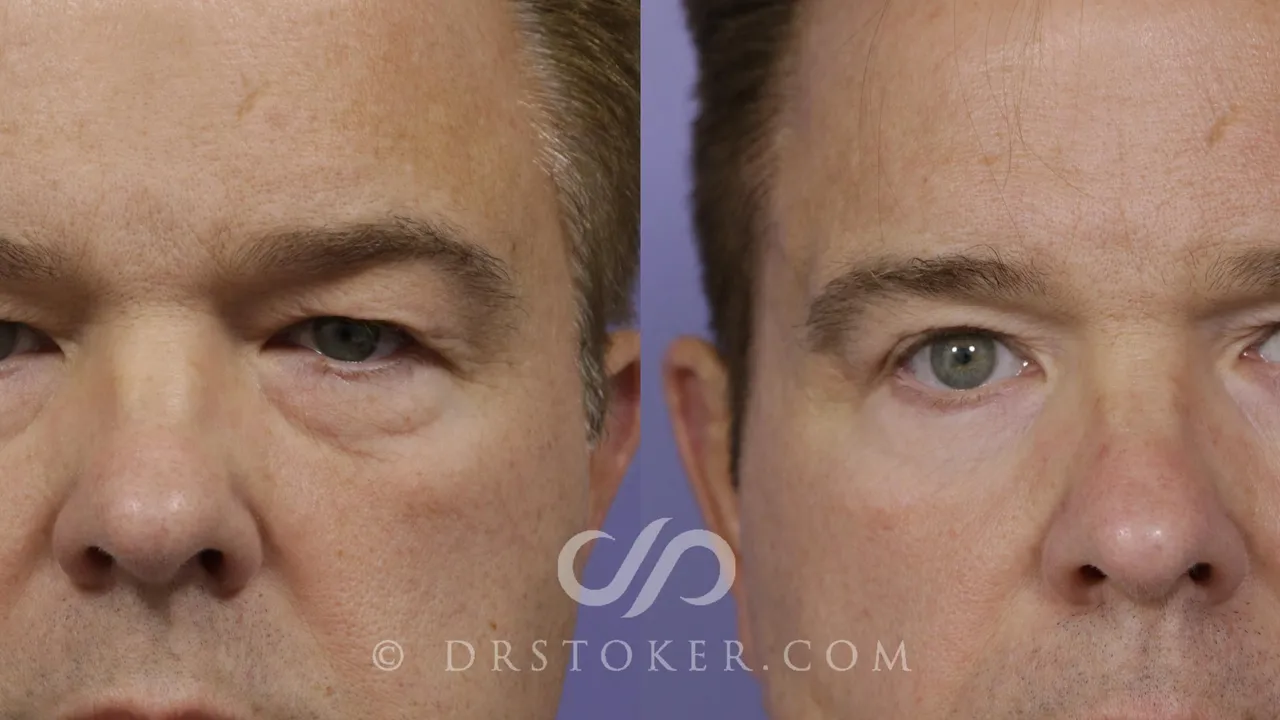The Impact of Lifestyle on Skin Aging

Understanding the Science of Aging
Aging, a complex and multifaceted process, has captivated scientists and philosophers for centuries. It's not merely the accumulation of years, but a gradual decline in physiological function, increasing susceptibility to disease and ultimately leading to mortality. To effectively combat the effects of aging and explore rejuvenation strategies, we must first delve into the underlying science.
Several key theories attempt to explain the mechanisms driving aging. One prominent theory is the DNA damage theory, which posits that the accumulation of DNA mutations and damage over time compromises cellular function. These mutations can arise from various sources, including exposure to environmental toxins, radiation, and errors during DNA replication. As DNA damage accumulates, cells become less efficient at repairing themselves, leading to cellular dysfunction and ultimately, aging.
Another significant theory is the free radical theory, also known as the oxidative stress theory. This theory suggests that reactive oxygen species (ROS), or free radicals, which are byproducts of normal cellular metabolism, damage cellular components such as proteins, lipids, and DNA. While the body possesses antioxidant defense mechanisms to neutralize free radicals, these defenses become less effective with age, leading to oxidative stress and contributing to the aging process.
The telomere shortening theory focuses on the protective caps at the ends of chromosomes called telomeres. With each cell division, telomeres shorten. Once they reach a critical length, the cell can no longer divide and enters a state of senescence. This cellular senescence contributes to tissue dysfunction and aging. Enzymes like telomerase can maintain or even lengthen telomeres, and research into telomerase activation holds promise for potential anti-aging interventions.
Finally, the mitochondrial dysfunction theory highlights the role of mitochondria, the powerhouses of the cell, in aging. As we age, mitochondria become less efficient at producing energy and more prone to generating free radicals. This mitochondrial dysfunction contributes to cellular damage and accelerates the aging process. Strategies to improve mitochondrial function, such as exercise and specific dietary supplements, are being explored as potential anti-aging interventions.
The Role of Genetics in Aging and Longevity
While lifestyle factors play a significant role in aging, genetics also exerts a considerable influence. Studies of centenarians, individuals who live to be 100 years or older, have revealed that certain genetic variations are associated with exceptional longevity. These genes often involve pathways related to DNA repair, antioxidant defense, and immune function.
For example, variations in genes involved in the insulin/IGF-1 signaling pathway have been linked to increased lifespan in various organisms, including humans. This pathway regulates growth, metabolism, and reproduction, and its modulation has been shown to extend lifespan in animal models. Similarly, variations in genes involved in SIRT1, a protein involved in DNA repair and cellular stress response, have been associated with longevity.
Understanding the genetic basis of aging and longevity can help identify individuals who are predisposed to age-related diseases and may benefit from targeted interventions. Genetic testing can provide valuable insights into an individual's risk profile and inform personalized strategies for promoting healthy aging.
The Impact of Diet on Aging and Rejuvenation
Diet plays a crucial role in influencing the aging process. A healthy, balanced diet rich in fruits, vegetables, whole grains, and lean protein provides essential nutrients that support cellular function and protect against age-related diseases. Conversely, a diet high in processed foods, sugar, and unhealthy fats can accelerate aging and increase the risk of chronic conditions.
Caloric restriction, a dietary regimen that involves reducing calorie intake without causing malnutrition, has been shown to extend lifespan in various organisms, including yeast, worms, flies, and rodents. Caloric restriction activates cellular stress response pathways, improves insulin sensitivity, and reduces inflammation, all of which contribute to increased longevity. While the long-term effects of caloric restriction in humans are still being investigated, studies have shown that it can improve various health markers, such as blood pressure, cholesterol levels, and glucose control.
Specific nutrients and dietary compounds have also been shown to have anti-aging effects. Antioxidants, such as vitamins C and E, selenium, and carotenoids, protect against oxidative stress and DNA damage. Omega-3 fatty acids, found in fatty fish, flaxseeds, and walnuts, reduce inflammation and support brain health. Resveratrol, a polyphenol found in red wine, grapes, and berries, activates SIRT1 and has been shown to have anti-aging effects in animal models. Curcumin, a compound found in turmeric, has anti-inflammatory and antioxidant properties.
Exercise and Physical Activity for Longevity
Regular exercise and physical activity are essential for maintaining health and vitality throughout life. Exercise improves cardiovascular function, strengthens muscles and bones, enhances cognitive function, and reduces the risk of chronic diseases such as heart disease, stroke, diabetes, and cancer. Moreover, exercise has been shown to have anti-aging effects by promoting cellular repair, reducing inflammation, and improving mitochondrial function.
Both aerobic exercise, such as running, swimming, and cycling, and resistance training, such as weightlifting, are beneficial for healthy aging. Aerobic exercise improves cardiovascular health and endurance, while resistance training builds muscle mass and strength, which is crucial for maintaining mobility and preventing falls as we age. Combining both types of exercise provides the greatest benefits.
The benefits of exercise extend beyond the physical realm. Exercise has been shown to improve mood, reduce stress, and enhance cognitive function. It also promotes social interaction and provides a sense of accomplishment, all of which contribute to overall well-being and quality of life.
The Importance of Sleep for Rejuvenation
Adequate sleep is crucial for physical and mental health. During sleep, the body repairs tissues, consolidates memories, and clears toxins from the brain. Chronic sleep deprivation can accelerate aging, impair cognitive function, weaken the immune system, and increase the risk of chronic diseases.
The amount of sleep required varies from person to person, but most adults need around 7-9 hours of sleep per night. Improving sleep hygiene, such as establishing a regular sleep schedule, creating a relaxing bedtime routine, and optimizing the sleep environment, can help improve sleep quality. Avoiding caffeine and alcohol before bed, as well as limiting screen time, can also promote better sleep.
Sleep apnea, a common sleep disorder characterized by pauses in breathing during sleep, can significantly impair sleep quality and increase the risk of cardiovascular disease. Treating sleep apnea with continuous positive airway pressure (CPAP) therapy can improve sleep quality and reduce the risk of these complications.
Stress Management Techniques for Healthy Aging
Chronic stress can have a detrimental impact on health and accelerate aging. Stress triggers the release of cortisol, a stress hormone that can suppress the immune system, increase inflammation, and impair cognitive function. Managing stress effectively is crucial for promoting healthy aging.
Various stress management techniques can help reduce stress levels and improve overall well-being. Meditation, yoga, and deep breathing exercises can calm the mind and body, reducing cortisol levels and promoting relaxation. Spending time in nature has been shown to reduce stress and improve mood. Engaging in hobbies and activities you enjoy can also help reduce stress and provide a sense of purpose and fulfillment.
Social support is also essential for managing stress. Connecting with friends and family, joining a support group, or seeking professional counseling can provide emotional support and help you cope with stressful situations.
Hormone Replacement Therapy and Aging
As we age, hormone levels naturally decline. This decline can contribute to various age-related symptoms, such as fatigue, muscle loss, decreased libido, and cognitive decline. Hormone replacement therapy (HRT) aims to restore hormone levels to youthful levels and alleviate these symptoms.
Estrogen replacement therapy is commonly used to treat symptoms of menopause in women, such as hot flashes, vaginal dryness, and bone loss. Testosterone replacement therapy is used to treat symptoms of low testosterone in men, such as fatigue, muscle loss, and decreased libido. Human growth hormone (HGH) therapy is sometimes used to promote muscle growth and reduce body fat, but its safety and efficacy for anti-aging purposes are still being investigated.
HRT is not without risks, and it's important to discuss the potential benefits and risks with a healthcare provider before starting HRT. The decision to undergo HRT should be individualized based on a person's medical history, symptoms, and risk factors.
Supplements and Nutraceuticals for Anti-Aging
Numerous supplements and nutraceuticals are marketed as anti-aging products. While some of these products may have potential benefits, it's important to be skeptical and do your research before trying them. Many anti-aging supplements lack scientific evidence to support their claims, and some may even be harmful.
Some supplements that have shown promise in animal studies or preliminary human trials include nicotinamide riboside (NR), a precursor to NAD+, a molecule involved in cellular energy production and DNA repair; resveratrol, a polyphenol found in red wine; curcumin, a compound found in turmeric; and CoQ10, an antioxidant involved in energy production.
It's important to note that supplements are not regulated by the FDA in the same way as drugs, so the quality and purity of supplements can vary widely. It's best to purchase supplements from reputable manufacturers that have been third-party tested for quality and purity. It's also important to talk to your doctor before taking any supplements, especially if you have any underlying health conditions or are taking any medications.
Advanced Therapies for Rejuvenation
Emerging therapies are being developed to target the underlying mechanisms of aging and promote rejuvenation. These therapies include gene therapy, which aims to correct genetic defects that contribute to aging; stem cell therapy, which aims to replace damaged cells with healthy new cells; and senolytic drugs, which selectively kill senescent cells, cells that contribute to tissue dysfunction and aging.
Gene therapy holds promise for treating genetic diseases and potentially slowing down the aging process. However, gene therapy is still in its early stages of development, and more research is needed to determine its safety and efficacy. Stem cell therapy has shown potential for treating various age-related conditions, such as osteoarthritis and macular degeneration. However, stem cell therapy is also still in its early stages of development, and there are concerns about its safety and efficacy. Senolytic drugs have shown promising results in animal studies, and several clinical trials are underway to evaluate their safety and efficacy in humans.
These advanced therapies offer the potential to significantly extend lifespan and improve healthspan, the period of life spent in good health. However, they are still experimental and carry potential risks. It's important to approach these therapies with caution and to discuss them with a healthcare provider before considering them.
Product Recommendations for Supporting Healthy Aging
While no single product can completely reverse the aging process, several products can support healthy aging by addressing specific aspects of aging, such as skin health, cognitive function, and energy levels. Here are some recommendations:
Skin Health
Product 1: Neutrogena Rapid Wrinkle Repair Retinol Serum
Description: This serum contains retinol, a derivative of vitamin A that is known to improve skin texture, reduce wrinkles, and boost collagen production. It also contains hyaluronic acid, which helps to hydrate the skin and plump up fine lines.
Use Cases: Suitable for individuals looking to reduce the appearance of wrinkles, fine lines, and age spots. It can be incorporated into a daily skincare routine.
Product Comparison: Compared to other retinol serums, Neutrogena Rapid Wrinkle Repair is relatively affordable and readily available. It is also formulated with a gentle retinol formula, making it suitable for individuals with sensitive skin. However, it may not be as potent as prescription-strength retinoids.
Details: Price: Approximately $25. Available at most drugstores and online retailers. Ingredients: Retinol, Hyaluronic Acid, Glycerin.
Product 2: CeraVe Moisturizing Cream
Description: A rich, non-greasy moisturizer that contains ceramides, hyaluronic acid, and glycerin to hydrate and protect the skin barrier.
Use Cases: Suitable for individuals with dry or sensitive skin looking to maintain skin hydration and prevent moisture loss, which is crucial for healthy aging.
Product Comparison: CeraVe Moisturizing Cream is a highly recommended and affordable moisturizer. It is fragrance-free and non-comedogenic, making it suitable for sensitive skin. Compared to luxury moisturizers, it offers excellent hydration at a fraction of the cost.
Details: Price: Approximately $15. Available at most drugstores and online retailers. Ingredients: Ceramides, Hyaluronic Acid, Glycerin.
Cognitive Function
Product 1: Cognizin Citicoline
Description: Cognizin Citicoline is a brain health supplement that supports mental energy, focus, and memory. Citicoline is a naturally occurring compound in the body that is essential for brain function.
Use Cases: Suitable for individuals looking to improve cognitive function, enhance memory, and support overall brain health.
Product Comparison: Compared to other brain health supplements, Cognizin Citicoline has been clinically studied and shown to improve cognitive function in healthy adults. It is also well-tolerated and has minimal side effects.
Details: Price: Approximately $30. Available at online retailers and health food stores. Ingredients: Citicoline.
Product 2: Omega-3 Fish Oil Supplements
Description: Omega-3 fatty acids, particularly EPA and DHA, are essential for brain health and cognitive function. Fish oil supplements are a convenient way to ensure adequate intake of these important nutrients.
Use Cases: Suitable for individuals looking to support brain health, improve cognitive function, and reduce the risk of age-related cognitive decline.
Product Comparison: Numerous fish oil supplements are available. Look for supplements that are third-party tested for purity and potency and that contain high levels of EPA and DHA.
Details: Price: Varies depending on brand and dosage. Available at most drugstores and online retailers. Ingredients: EPA, DHA.
Energy Levels
Product 1: Nature Made Vitamin B12
Description: Vitamin B12 is essential for energy production, nerve function, and red blood cell formation. B12 deficiency is common in older adults and can contribute to fatigue and low energy levels.
Use Cases: Suitable for individuals experiencing fatigue, low energy levels, or symptoms of B12 deficiency.
Product Comparison: Nature Made Vitamin B12 is a readily available and affordable supplement. It is available in various forms, including tablets, capsules, and sublingual lozenges.
Details: Price: Approximately $10. Available at most drugstores and online retailers. Ingredients: Vitamin B12.
Product 2: Magnesium Supplements
Description: Magnesium is involved in hundreds of biochemical reactions in the body, including energy production, muscle function, and nerve function. Magnesium deficiency can contribute to fatigue, muscle cramps, and other health problems.
Use Cases: Suitable for individuals experiencing fatigue, muscle cramps, or other symptoms of magnesium deficiency.
Product Comparison: Several types of magnesium supplements are available, including magnesium citrate, magnesium oxide, and magnesium glycinate. Magnesium glycinate is often preferred as it is gentler on the stomach and more easily absorbed.
Details: Price: Varies depending on brand and type. Available at most drugstores and online retailers. Ingredients: Magnesium.
Important Disclaimer: These product recommendations are for informational purposes only and are not intended as medical advice. Always consult with a healthcare professional before starting any new supplements or treatments.
The Future of Aging and Rejuvenation Research
The field of aging and rejuvenation research is rapidly advancing, with new discoveries being made every day. Researchers are gaining a deeper understanding of the underlying mechanisms of aging and developing innovative therapies to combat age-related diseases and extend lifespan. The future holds great promise for significantly improving human healthspan and quality of life.
Some of the most promising areas of research include:
- Senolytics: Developing more effective and targeted senolytic drugs to eliminate senescent cells.
- Epigenetic reprogramming: Reversing age-related changes in the epigenome, the layer of chemical modifications that regulate gene expression.
- Artificial intelligence: Using AI to analyze vast amounts of data and identify novel targets for anti-aging interventions.
- Personalized medicine: Tailoring anti-aging strategies to individual genetic and lifestyle factors.
As research progresses, we can expect to see the development of new and more effective therapies that will help us live longer, healthier, and more fulfilling lives. The quest for rejuvenation is not just about extending lifespan; it's about enhancing the quality of life and enabling us to enjoy our later years to the fullest.
:max_bytes(150000):strip_icc()/277019-baked-pork-chops-with-cream-of-mushroom-soup-DDMFS-beauty-4x3-BG-7505-5762b731cf30447d9cbbbbbf387beafa.jpg)






